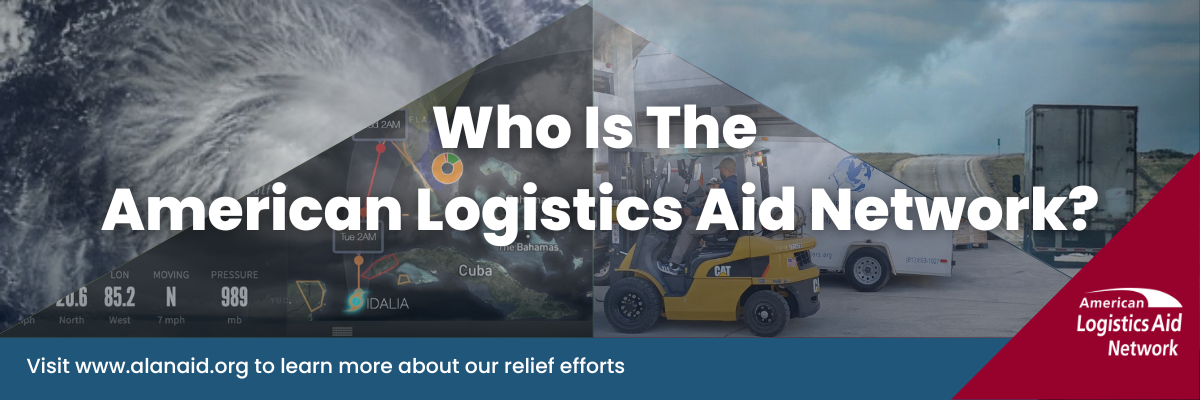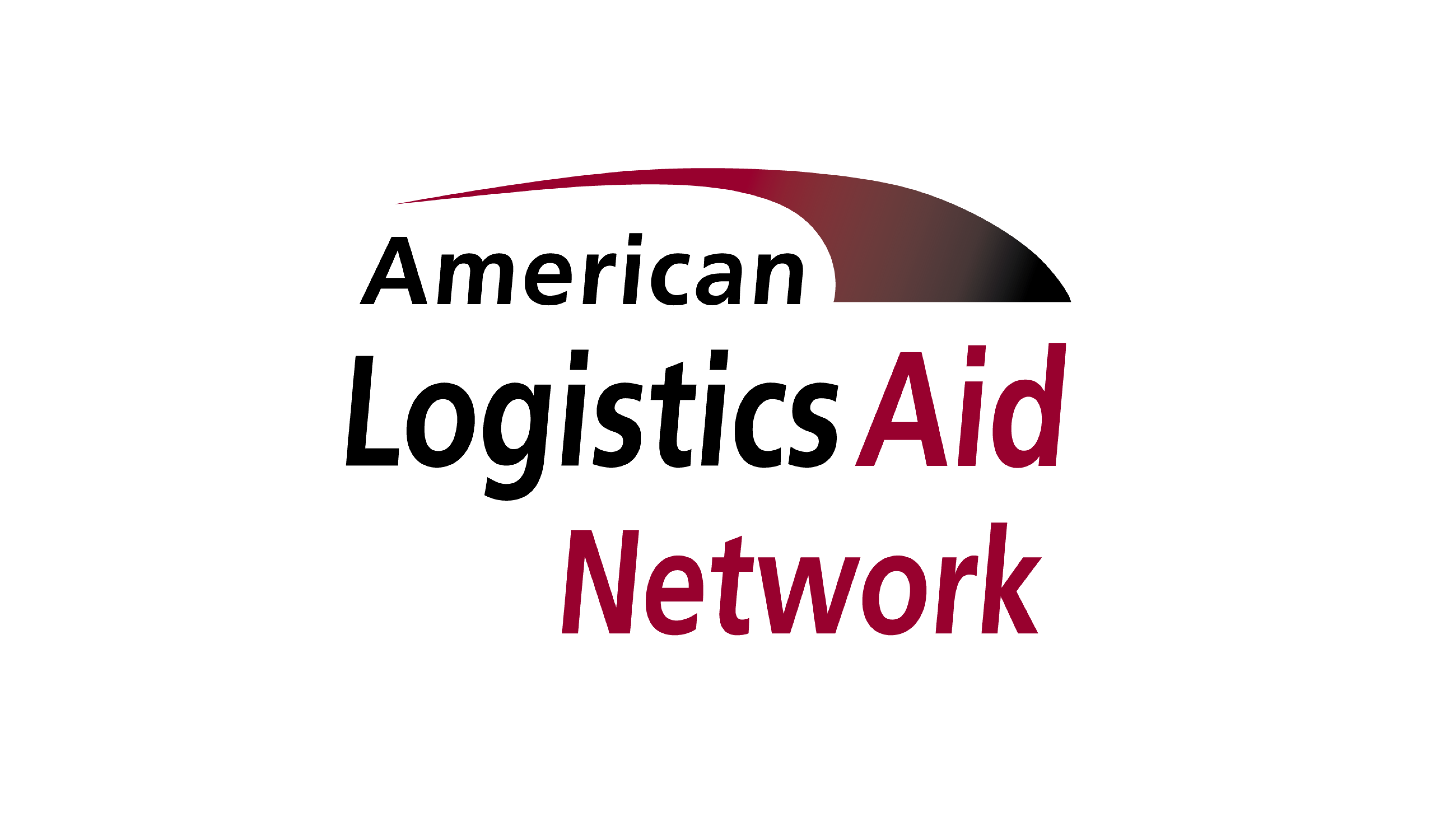In 2005, Hurricane Katrina hit the U.S. Gulf Coast, creating more than $100 billion worth of damage – and untold logistics chaos.
A few weeks later, 50 logistics professionals came together to form the American Logistics Aid Network, also known as ALAN.
Eighteen years and 80+ disasters later, ALAN is still going strong – and so are its humanitarian and disaster mitigation efforts.
Check out this short interview with the organization’s executive director, Kathy Fulton, to learn why Commtrex is thrilled to be partnering with this life-saving logistics non-profit.
Interview with ALAN Executive Director, Kathy Fulton
First off, tell us a little bit about ALAN.
Non-profit organizations working on site after a disaster usually encounter a number of logistical challenges trying to transport and distribute life-saving supplies to survivors. ALAN is a humanitarian organization that specializes in connecting these organizations with the donated logistics space, services, and equipment they need at the times when they need it most. That way, help can reach survivors much sooner – and non-profits can make their funding go further.
Does logistics really make that big a difference?
A much bigger difference than most people realize. In fact, experts estimate that logistics accounts for as much as 80% of humanitarian organizations’ overall cost during disasters – and that as much as 40% of that goes to waste. ALAN not only exists to help make relief efforts more cost-effective, but we are also working to help reduce duplication of supplies and effort.
What types of donated logistics assistance does ALAN help provide?
The requests we get can typically be grouped into five main categories: Transportation, warehousing, material handling equipment, packaging and shipping supplies, and supply chain expertise.
So say, for example, a non-profit has food, supplies, or equipment stored in another state but needs to get it moved to where a hurricane just made landfall. ALAN would help with this?
Absolutely. Take our work with Operation BBQ Relief after Hurricane Ian. Operation BBQ Relief was deployed to provide hot meals to survivors but quickly discovered that it didn’t have the transportation capacity to move all of its materials in time. ALAN connected it with the donated transportation needed to quickly and safely move these supplies to its deployment site. Over the course of a month, ALAN helped move more than 50,000 pounds of donated bread, rice, vegetables, corn, and frozen meals that were stored across four different states to Port Charlotte, Florida, all completely free of charge. As a result, Operation BBQ Relief was to serve 865,603 meals over 38 days.
We also helped arrange donated transportation for wheelchairs, mattresses, household cleaning supplies, and OTC medications.
Does ALAN just provide support for hurricane relief?
No. Even though ALAN is most closely associated with hurricanes (because of how we got our start), that’s just the tip of the iceberg.
For example, over the past few weeks, we’ve been supporting relief efforts for the Maui wildfires in addition to assisting with relief efforts for Hurricane Idalia. And over the past few years, we’ve supported humanitarian relief efforts for everything from the Haiti earthquakes, Southeastern tornadoes, and California’s winter storms to the attacks on Ukraine and the ongoing challenges of COVID-19. We’ve also supported the year-round efforts of food banks, animal shelters, and groups that serve economically disadvantaged communities, because these causes clearly need contributed logistics assistance, too.
Wow, that’s incredible! So how do organizations become involved with ALAN?
We love it when companies or individuals pre-offer their logistics space, equipment, services, or expertise. And we have a place on our website where they can go to do just that. You can access that right here: https://www.alanaid.org/offerinkind/. We also maintain a running list of open cases on the Disaster Micro-Site portion of our website and we encourage people to visit it often, especially right now, because we have about two dozen active requests. And last but not least, like all non-profits, we operate off of financial contributions. One of the best ways you can help disaster survivors is by donating to us at https://www.alanaid.org/donate/.
One final question: Forecasters are predicting an especially active hurricane season this year. What’s ALAN’s take on that?
Naturally, we hope that these dire predictions will wind up being wrong because that means more communities will avoid damage, destruction, and heartache. Regardless, we’re going to continue our preparations so that whatever the next crisis is, we’re ready to serve.
And that’s thanks to great partners like Commtrex.
Click below to learn more about ALAN and how you can help:

